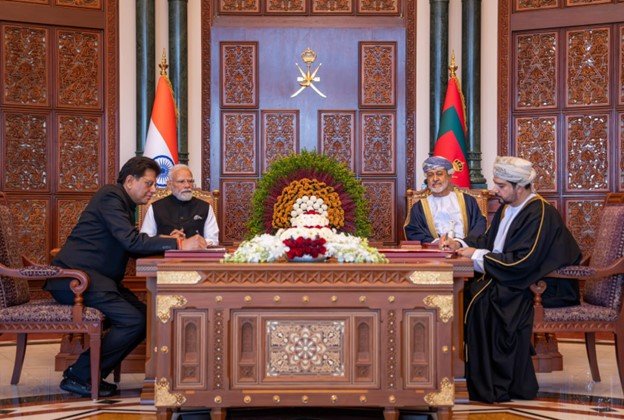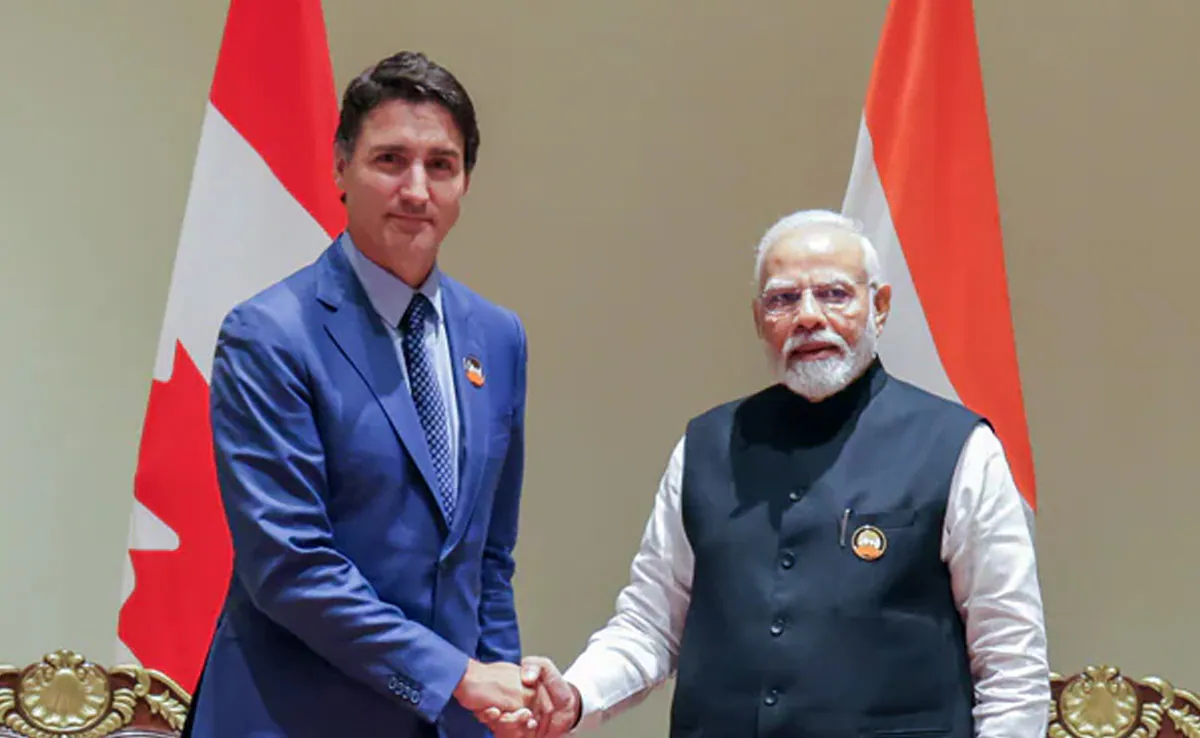With over 90,000 Palestinian workers banned from Israel’s construction industry amid the conflict, Indian, Sri Lankan, and Uzbek workers were poised to fill the gap, despite the volatile situation
In a bid to address its soaring unemployment rates and strengthen political ties, India and Israel inked a pact in May 2023, welcoming 42,000 Indian workers into Israel’s construction and nursing sectors, reported downtoearth.org.in.
However, this move garnered criticism even before its implementation, with concerns over the safety and security of the incoming workers. And these concerns only escalated following the eruption of the Israel-Hamas conflict in October of the same year.
With over 90,000 Palestinian workers banned from Israel’s construction industry amid the conflict, Indian, Sri Lankan, and Uzbek workers were poised to fill the gap, despite the volatile situation.
This decision to allow Indian workers to migrate to an active war zone raises serious questions about their safety amidst escalating tensions and civilian casualties.
The agreement appears to prioritize bilateral relations over the well-being of the workers, serving as a reactive measure to both nations’ economic and political objectives.
India’s unemployment crisis has reached alarming levels, with government initiatives failing to provide substantial relief. The India Employment Report 2024 highlights a significant rise in educated youth unemployment and a growing trend of migration to overseas destinations offering better opportunities and pay.
As Indian workers continue to seek opportunities abroad, it is imperative for the government to prioritize their safety through enhanced monitoring, diplomatic engagement, and proactive measures to mitigate risks in conflict zones
Despite lucrative prospects abroad, especially in conflict-prone regions like the Middle East, the safety and welfare of migrant workers must be paramount.
The agreement between India’s Ministry of Skill Development and Entrepreneurship and Israel’s Population and Immigration Authority, signed in November, aimed to streamline the recruitment process. However, questions remain regarding accountability and safeguards for workers in conflict zones.
While Israel’s OECD membership provides certain protections for foreign workers, concerns persist regarding the implementation of labor rights and safety measures, particularly during times of conflict.
Reports indicate that thousands of Indian nurses and caregivers remain in Israel despite the ongoing conflict, underscoring the challenges faced by migrant workers in such environments.
India’s strategic partnerships, both in the Gulf and now with Israel, necessitate a robust framework for ensuring the safety and well-being of its expatriate workforce.
As Indian workers continue to seek opportunities abroad, it is imperative for the government to prioritize their safety through enhanced monitoring, diplomatic engagement, and proactive measures to mitigate risks in conflict zones.
***********************************************************************
Readers
These are extraordinary times. All of us have to rely on high-impact, trustworthy journalism. And this is especially true of the Indian Diaspora. Members of the Indian community overseas cannot be fed with inaccurate news.
Pravasi Samwad is a venture that has no shareholders. It is the result of an impassioned initiative of a handful of Indian journalists spread around the world. We have taken a small step forward with the pledge to provide news with accuracy, free from political and commercial influence. Our aim is to keep you, our readers, informed about developments at ‘home’ and across the world that affect you.
Please help us to keep our journalism independent and free.
In these difficult times, running a news website requires finances. While every contribution, big or small, will make a difference, we request our readers to put us in touch with advertisers worldwide. It will be a great help.
For more information: pravasisamwad00@gmail.com








